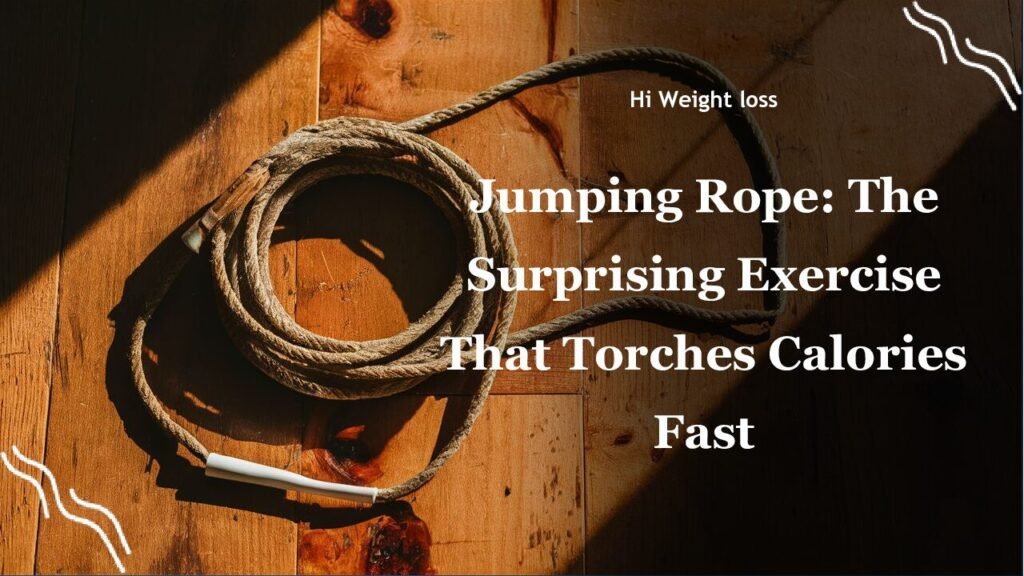“`
Feeling like you need a quick reset? Many of us have been there, searching for ways to shed a few pounds rapidly, and the idea of a 7-day weight loss plan can be really tempting. It’s important to know that drastic weight loss in such a short time isn’t generally recommended, and it’s definitely not a sustainable long-term solution. However, if you’re looking to jumpstart a healthier lifestyle with some manageable changes, this guide will help you explore some effective steps that might just be the push you need. We’ll talk about what you should focus on to start your journey towards better well-being.
How to Reduce Weight in 7 Days?
The question of “*how to reduce weight in 7 days*” is often tied to a desire for quick results, but the truth is that rapid weight loss isn’t always safe or sustainable. I remember a time when I wanted to lose weight quickly for an event, and I ended up feeling drained and irritable because I went for extreme measures. What I learned is that it’s much better to focus on gradual changes and lifestyle shifts. So, let’s explore some healthier ways you can approach a 7-day weight loss plan.
Understanding the Realities of Rapid Weight Loss
Before diving in, it’s crucial to set realistic expectations. Losing significant weight in a week isn’t just difficult, it can also be unhealthy. When we try extreme diets, we often lose water and muscle mass rather than actual fat. This is why many people who achieve rapid weight loss quickly regain it once they resume their normal habits. Remember, the goal is to be healthier not just thinner. Instead, aim for a balanced approach.
Key Strategies for a Healthier 7-Day Approach
While drastic measures are out, there are several healthy changes you can make within a week that can kickstart your weight loss journey and help you feel better overall. These strategies focus on sustainable healthy habits.
Reduce Liquid Calories
One of the easiest changes to implement is cutting out those high-calorie drinks. Sodas, juices, and alcohol can add a lot of unnecessary calories to your daily intake. Replacing them with zero-calorie drinks is a smart move. I made this change myself a few years back, and I was amazed at the positive impact it had on my energy levels. Try lemon water, unsweetened tea, or black coffee. As WebMD explains, reducing these liquid calories can significantly help in reducing overall calorie intake.
Eat Nutrient-Dense Foods
Focus on whole grains, fruits, and vegetables. These foods are packed with fiber and essential nutrients that keep you feeling full and reduce your appetite. I remember a friend who switched to a diet rich in fruits and vegetables and found she didn’t crave sugary snacks as much anymore. As WebMD also mentions, nutrient-dense foods can aid in satiety.
Increase Your Protein Intake
Protein is crucial for boosting your metabolism and reducing hunger. Including protein-rich foods like eggs, lean meats, and legumes in your diet can make a big difference. I once tried a protein-focused meal plan and was surprised by how much longer I felt satisfied after meals. Healthline also supports this, highlighting how high-protein foods can reduce appetite.
Stay Hydrated
Drinking enough water throughout the day can help reduce hunger and increase satiety. Often, we mistake thirst for hunger. Try to drink at least 8-10 glasses of water daily. I personally carry a water bottle with me everywhere, which helps me stay on top of my hydration goals. As mentioned by Healthline and help guide, staying hydrated is very important for weight management.
Exercise Regularly
Incorporating physical activity, even if it’s just a brisk walk, can help you burn more calories and maintain muscle mass. Remember to consult your healthcare provider before starting any new exercise regimen, especially if you’re planning a rapid weight loss program. I used to think I needed high-intensity workouts, but I’ve found that consistent light exercise works wonders.
Avoid Fad Diets
Fad diets that promise quick results often lead to unsustainable weight loss. Instead of looking for quick fixes, aim for a balanced diet that you can maintain in the long term. A friend of mine tried a popular fad diet once, and she ended up feeling worse and quickly gained the weight back. As Mount Sinai emphasizes, fad diets are not the way to long-term weight loss.
Monitor Your Progress
Keeping a food diary or using an app to track your eating habits can help you stay on track and avoid overeating. I’ve been using a food logging app, and it really helped me become more mindful about what and when I eat. As Healthline suggests, tracking your progress can help you understand your eating patterns.

A Sample 7-Day Meal Plan (Beginner-Friendly)
Let’s look at what a sample meal plan could look like. Remember, this is just a template and you should adjust it based on your own needs and preferences. It focuses on balanced meals and includes the strategies discussed above.
| Day | Breakfast | Lunch | Dinner | Snacks |
|---|---|---|---|---|
| Day 1 | Oatmeal with berries and nuts | Grilled chicken salad | Baked salmon with steamed vegetables | Apple slices with almond butter |
| Day 2 | Greek yogurt with fruit and seeds | Lentil soup | Lean turkey and quinoa | Handful of almonds |
| Day 3 | Scrambled eggs with spinach | Tuna salad sandwich on whole wheat | Chicken stir-fry with brown rice | Baby carrots with hummus |
| Day 4 | Smoothie with protein powder, spinach, and banana | Leftover chicken stir-fry | Baked cod with roasted sweet potatoes | Celery sticks with peanut butter |
| Day 5 | Whole wheat toast with avocado and egg | Turkey and vegetable wrap | Beef and broccoli with brown rice | Small bowl of mixed berries |
| Day 6 | Cottage cheese with sliced peaches | Chicken and vegetable skewers | Pork tenderloin with green beans | A small orange |
| Day 7 | Breakfast burrito with egg and veggies | Salad with chickpeas and feta cheese | Shrimp scampi with zucchini noodles | A handful of walnuts |
Conclusion
While the idea of achieving significant weight loss in just 7 days might be appealing, it’s vital to approach weight loss with a focus on sustainability and overall health. The experiences of myself and others highlight that rapid weight loss through extreme measures can be counterproductive. Instead, implementing gradual changes, like reducing liquid calories, eating nutrient-dense foods, increasing protein intake, staying hydrated, and incorporating regular exercise, can be more effective and manageable in the long run. It’s also essential to avoid fad diets and monitor your progress through food diaries or apps. Remember to consult a healthcare provider before starting any new diet or exercise program, especially if you have any underlying health conditions. By focusing on these sustainable and balanced approaches, you can start a healthier weight loss journey that supports your well-being, not just a number on the scale. What are some small changes you can commit to this week?
FAQ
Is it safe to lose a lot of weight in 7 days?
Losing a significant amount of weight in 7 days isn’t generally recommended and can lead to muscle loss and water loss rather than fat loss. Focus on sustainable changes instead of drastic measures.
What are some healthy ways to reduce weight quickly?
You can reduce liquid calories, eat nutrient-dense foods, increase protein intake, stay hydrated, and engage in regular physical activity to reduce weight in a healthy manner.
How important is staying hydrated for weight loss?
Staying hydrated is crucial, as it can help reduce hunger and increase satiety. Aim to drink at least 8-10 glasses of water a day.
Are fad diets effective for long-term weight loss?
Fad diets often lead to unsustainable weight loss and are not recommended. Aim for a balanced diet that you can maintain in the long term.
How can I track my progress effectively?
Keeping a food diary or using an app to track your eating habits can help you stay on track and avoid overeating.
“`



